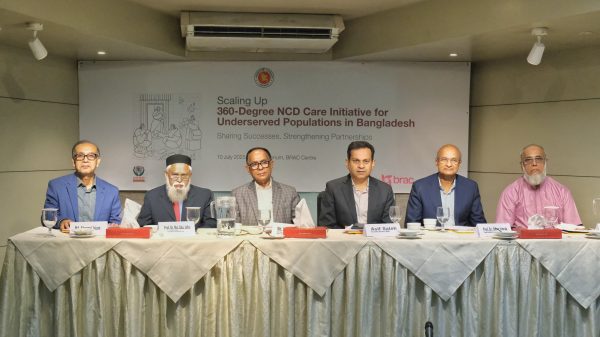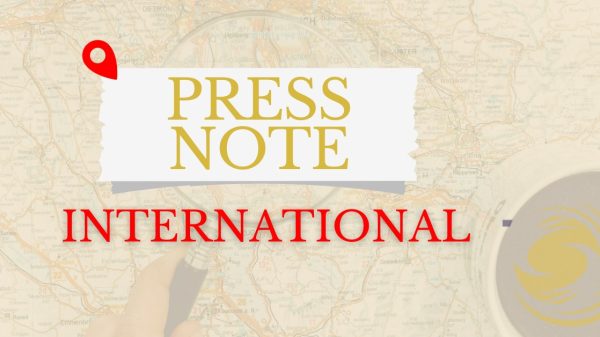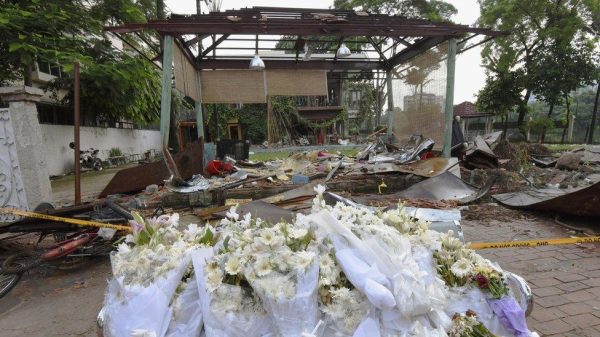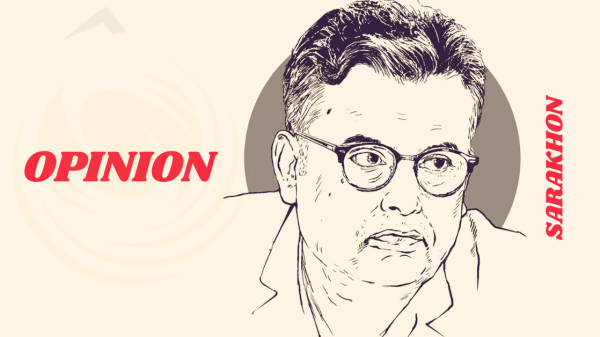A Helmet Should Be a Life-Saving Device, Not Just a Legal Requirement

- Update Time : Sunday, February 23, 2025

Alarming Road Safety Crisis in Bangladesh
Bangladesh faces a severe road safety challenge, with motorcycle accidents contributing significantly to road fatalities. In 2024, the Bangladesh Road Transport Authority (BRTA) reported 1,706 deaths due to motorcycle accidents, representing 31.13% of all road fatalities. Meanwhile, the Bangladesh Road Safety Foundation (BRSF) recorded an even higher toll of 2,609 deaths, accounting for 35.76% of total casualties. In January 2025 alone, motorcycles were responsible for 43.42% of all road-related deaths.
Despite existing regulations, weak enforcement has led to the proliferation of substandard helmets, endangering millions of riders.

Advocacy for Standard Helmet Use
To address this pressing issue, the World Bank and BRAC, in collaboration with the Government of Bangladesh, organized the Standard Motorcycle Helmet Advocacy Event on 23 February 2025 at Hotel InterContinental, Dhaka. The event aimed to:
- Promote the use of high-quality, Bangladesh Standards and Testing Institution (BSTI)-certified helmets.
- Encourage the perception of helmets as life-saving devices rather than just legal obligations.
Key Participants and Guests
The event saw the participation of various stakeholders, including government officials, law enforcement representatives, development partners, and private sector entities.

Chief and Special Guests
- Chief Guest: Muhammad Fouzul Kabir Khan, Adviser, Ministry of Road Transport and Bridges.
- Special Guests:
- S M Ferdous Alam, Director General, BSTI
- Mohammed Yasin, Chairman, BRTA
- Mosleh Uddin Ahmed, Additional Inspector General of Police
- Gayle Martin, PhD, Interim Country Director, World Bank, Bangladesh
Virtual Address
- Fei Deng, World Bank Group’s Practice Manager for Transport, South Asia Region, emphasized that motorcyclists are highly vulnerable and highlighted that standardized helmets can reduce severe head injuries by 69%.

Key Discussions and Recommendations
Call for Immediate Action
Chief Guest Muhammad Fouzul Kabir Khan stressed the need for urgent measures to curb motorcycle accidents. He outlined several priorities:
- Comprehensive motorcyclist training.
- Identifying and marking accident-prone areas.
- Enhancing pedestrian safety and implementing speed monitoring, breathalyzer tests, and dope testing.
- Improving road alignment and emergency response systems with trauma centers and ambulances.
- Urged stakeholders to take concrete steps beyond discussions to save lives.
Ensuring Helmet Quality and Safety
- S M Ferdous Alam, Director General, BSTI, explained the importance of each helmet component in protection. He assured the use of advanced testing technology to meet international safety standards.

Targeted Awareness and Shared Responsibility
- Mohammed Yasin, Chairman, BRTA, stressed that road safety is a shared responsibility. He proposed:
- Focusing on high-risk areas like 300 Feet Road to Purbachal for awareness campaigns.
- Encouraging younger riders to adopt standard helmets through coordinated efforts.
Local Manufacturing and Certification
- Mosleh Uddin Ahmed, Additional Inspector General of Police, advocated for:
- Locally manufactured standard helmets to enhance affordability and accessibility.
- Clear certification processes to help riders easily identify internationally certified helmets.
World Bank’s Commitment to Road Safety
- Gayle Martin, PhD, Interim Country Director, World Bank, reiterated their commitment to advancing road safety in Bangladesh. She emphasized the need to:
- Address supply chain and cost issues for standard helmets.
- Collaborate with manufacturers to balance regulation and affordability.

Public Awareness and Law Enforcement Gaps
- Ahmed Najmul Hussain, Director, BRAC Road Safety Programme, highlighted:
- Gaps in public awareness and enforcement regarding standard helmet use.
- Need for traffic police training on identifying standard helmets and enforcing relevant laws.
Global Best Practices and Local Adaptation
- Arif Uddin, Transport Specialist, Global Road Safety Facility (GRSF), World Bank Washington, shared global best practices. He emphasized that adherence, awareness, and availability are crucial for adopting standard helmets.
Industry Perspective and Educational Integration
- S M Safat Ishtiaq, Chairman of Vulcan Lifestyle Limited, represented helmet importers and called for:
- Helmet and road safety education integration into the HSC curriculum.
- Mandatory helmet use for children, ensuring safety for all passengers.

Concluding Remarks and Next Steps
- Dilshad Dossani, Programme Officer, World Bank, concluded the event by emphasizing that road safety is a critical economic and development priority. She outlined a roadmap and future recommendations for improved safety measures.
Action Roadmap and Demonstration
A key outcome of the event was the formulation of an action roadmap to:
- Strengthen enforcement mechanisms.
- Foster collaboration among stakeholders.
- Demonstrate and distribute UN-standard helmets to police, Uber, Pathao, and social media influencers to amplify safety awareness.









Leave a Reply